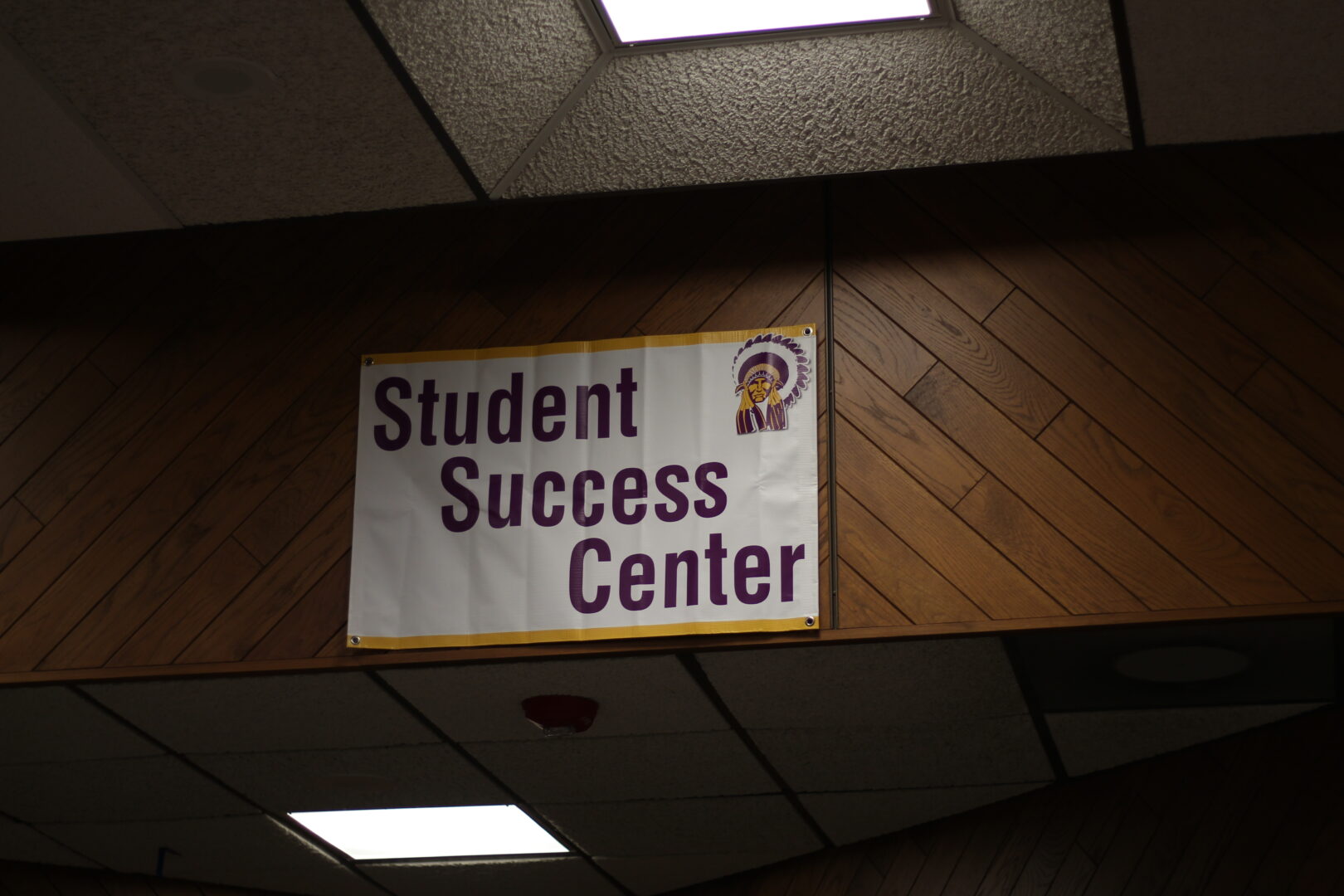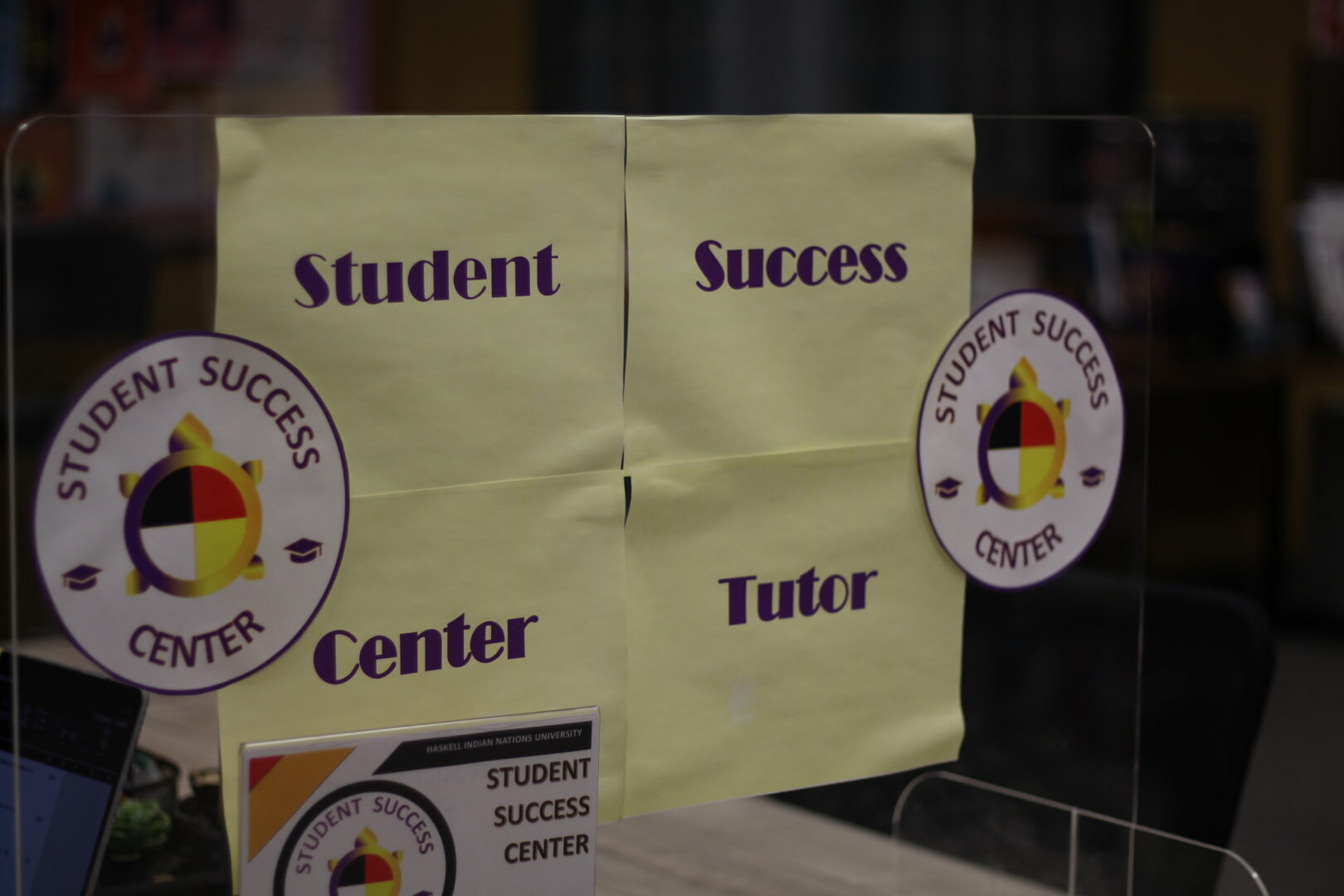
In the last ten years, the most significant number of students who have dropped out of college have done so between their first and second years. The Student Success Center aims to provide students with the resources to be able to take control of their college careers.
Located in Tommaney Library, rooms 106, 111, 133, and 138, the Student Success Center encourages students to speak up for themselves. The Student Success Center has three retention technicians/success coaches available to assist students Monday through Friday between 8 a.m. and 5 p.m. It provides the training to develop the skills necessary to navigate the college system academically and socially. Ronald Mckinney, retention technician/success coach, said, “ I look at it as a lot of coaching, life coaching, teaching of resources, and being encouraging.” By providing workshops on time management, study skills, test-taking skills, GRE prep, tutoring, and more, students are able to thrive academically and stay enrolled. The Student Success Center also teaches the Haskell Seminar class that helps touch on on-campus resources, career counseling, and financial aid.
“We’ll help any student, but focus on first-year students to keep them here and keep them on the right path, even if they decide to transfer,” Mckinney said, “we give skills, resources, information, and being a person they can come to if they have questions, concerns, issues, or they feel like they don’t have a voice.” Haskell welcomed over 500 students during the Fall 2023 semester; the Student Success Center assisted in enrolling these students in classes and navigating the Haskell systems. While students are able to enroll themselves into classes, Mckinney said the Student Success Center is a resource for people who may not know what they need to take. The retention technicians in the Student Success Center can keep track of degree checklists for each student who pursues enrollment assistance; students can retain copies of these checklists for their own records, serving the goal of educational autonomy.
“I haven’t really heard of the Student Success Center. I’m pretty sure it’s just advisors in there. I have used them in the past to get into classes I couldn’t enroll myself in. There is virtually no marketing around it, especially during semester check-in. I thought that the Student Success Center was part of TRiO.” said Haskell Student Delores Boldwarrior. Without proper information being relayed, this program is underutilized by students. Giving students autonomy over their education is vital in retaining them at Haskell. Similar programs, such as TRiO, are able to market their program’s information to students and parents. Since TRiO and the Student Success Center provide similar resources, there has been confusion about which program provides what services. Mckinney says, “The difference is we work with anyone; you can be in TRiO and use our services. TRiO is a grant program with specific requirements.” While many of the goals are the same for the programs, the scope of each program differs based on funding. The funding for the Student Success Center comes from Haskell, while TRiO receives funding from the Department of Education.

